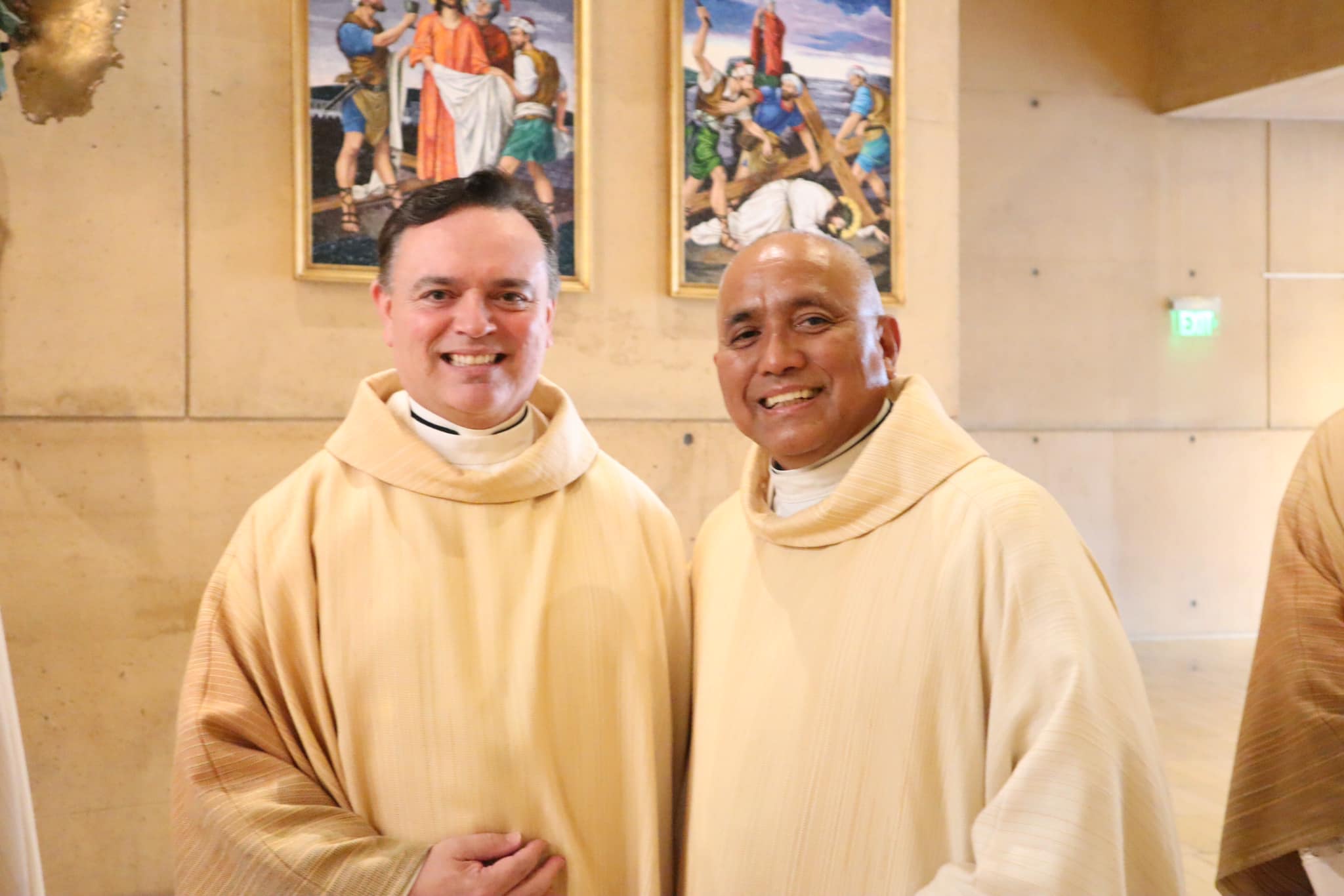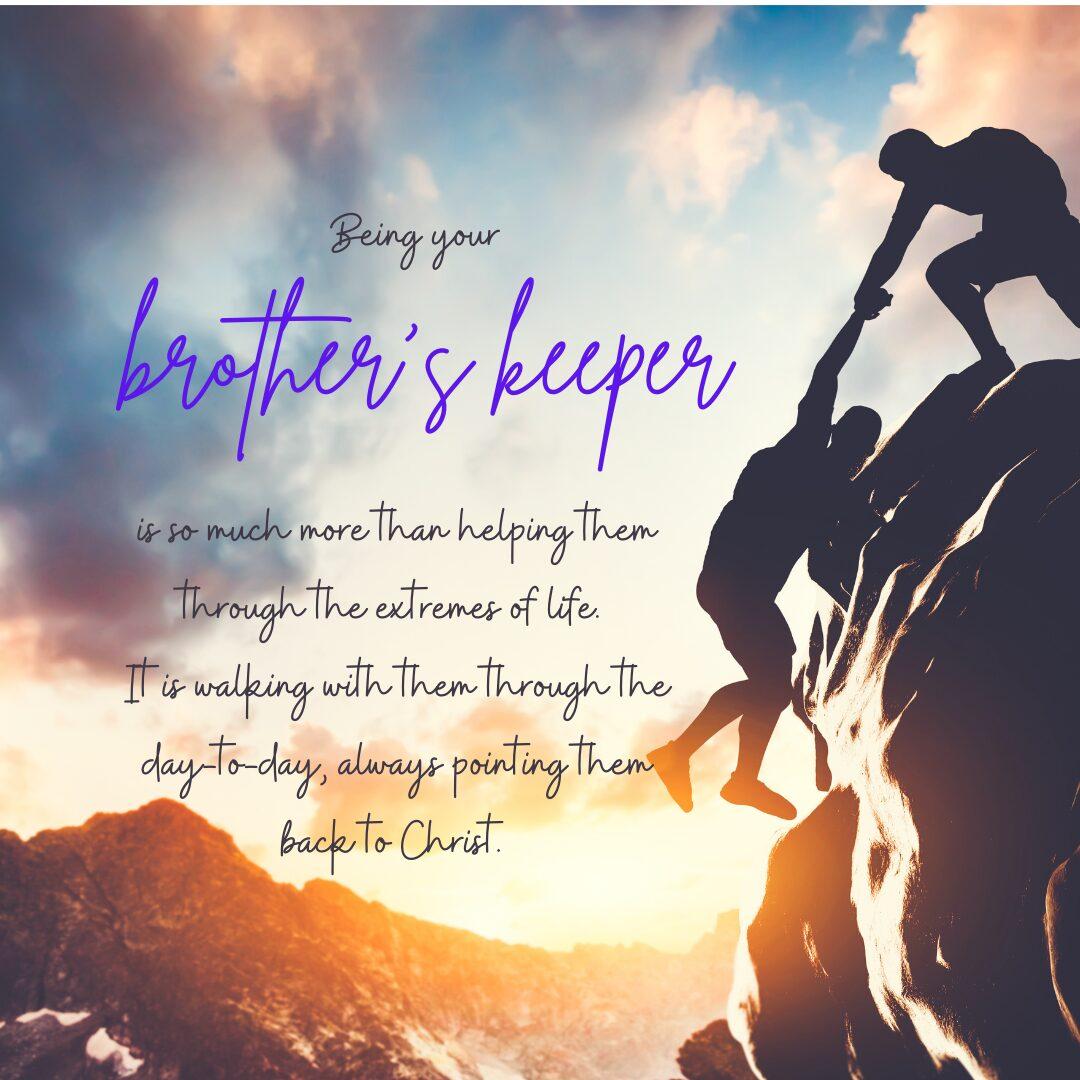“Why have Americans become so mean?” This is a question that David Brooks posed and explored in his recent article in The Atlantic entitled How America Got Mean. He presented several reasons that people and social observers might suggest:
1. The technology story: Social media is driving us all crazy.
2. The sociology story: We’ve stopped participating in community organizations and have become more isolated.
3. The demography story: America, long dominated by white people, is becoming a much more diverse country, a change that has left millions of white Americans in a panic.
4. The economy story: High levels of economic inequality and insecurity have left people feeling afraid, alienated, and pessimistic.
He then shared his personal opinion on the moral degradation in our society, writing:
“The most important story about why Americans have become sad and alienated and rude, I believe, is also the simplest: We inhabit a society in which people are no longer trained in how to treat others with kindness and consideration. Our society has become one in which people feel licensed to give their selfishness free rein. In a healthy society, a web of institutions—families, schools, religious groups, community organizations, and workplaces—helps form people into kind and responsible citizens, the sort of people who show up for one another. We live in a society that’s terrible at moral formation.
Moral formation, as I will use that stuffy-sounding term here, comprises three things. First, helping people learn to restrain their selfishness. How do we keep our evolutionarily conferred egotism under control? Second, teaching basic social and ethical skills. How do you welcome a neighbor into your community? How do you disagree with someone constructively? And third, helping people find a purpose in life. Morally formative institutions hold up a set of ideals. They provide practical pathways toward a meaningful existence: Here’s how you can dedicate your life to serving the poor, or protecting the nation, or loving your neighbor.”
Brooks’s lengthy article is fascinating as it delves into the history of moral formation, its decline in America, and the changing landscape influenced by psychology and the emphasis on privatized morality that promotes the thinking that “Whatever feels good to me is moral” and “I would probably do what makes me happy.”
In this context, I invite us to reflect deeply on this Sunday’s First Reading, Dt 4:1-2, 6-8, which prompts us to consider the importance of upholding moral values and fostering a formation that promotes justice and the dignity of every human person:
“In your observance of the commandments of the LORD, your God, which I enjoin upon you, you shall not add to what I command you nor subtract from it. Observe them carefully, for thus you will give evidence of your wisdom and intelligence to the nations, who will hear of all these statutes and say, ‘This great nation is truly a wise and intelligent people.’”
* * *
The opinions, beliefs and viewpoints expressed by the author do not necessarily reflect the opinions, beliefs and viewpoints of the Asian Journal, its management, editorial board and staff.
* * *
Fr. Rodel “Odey” Balagtas is the pastor of Incarnation Church in Glendale, California.


